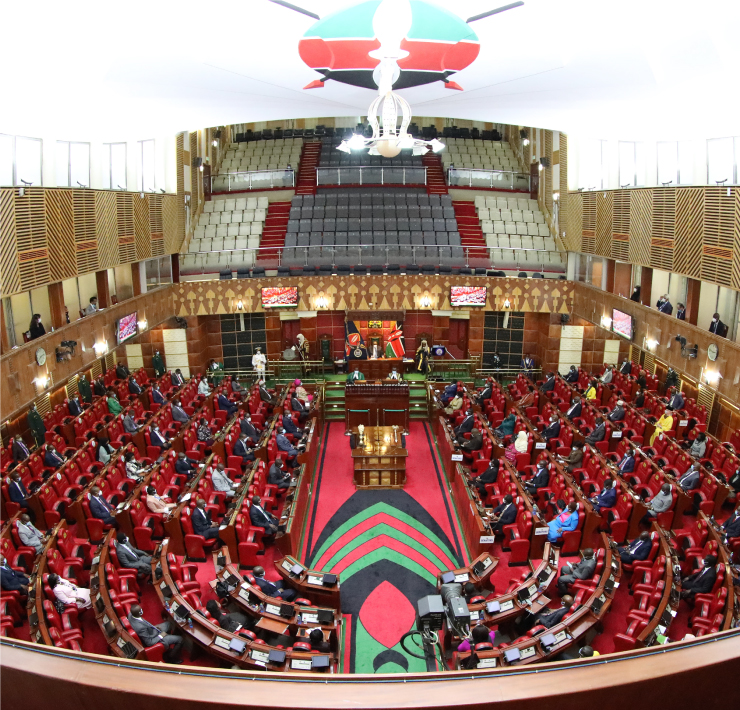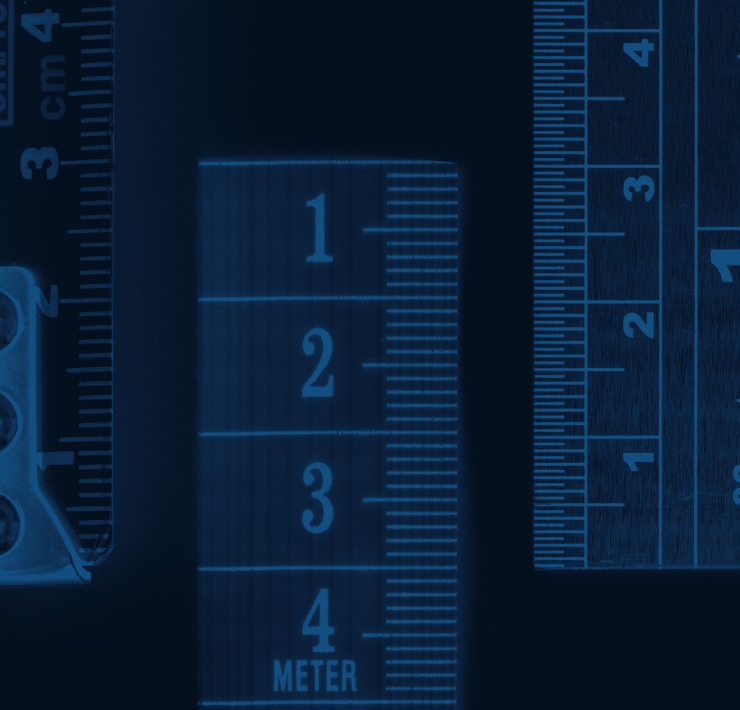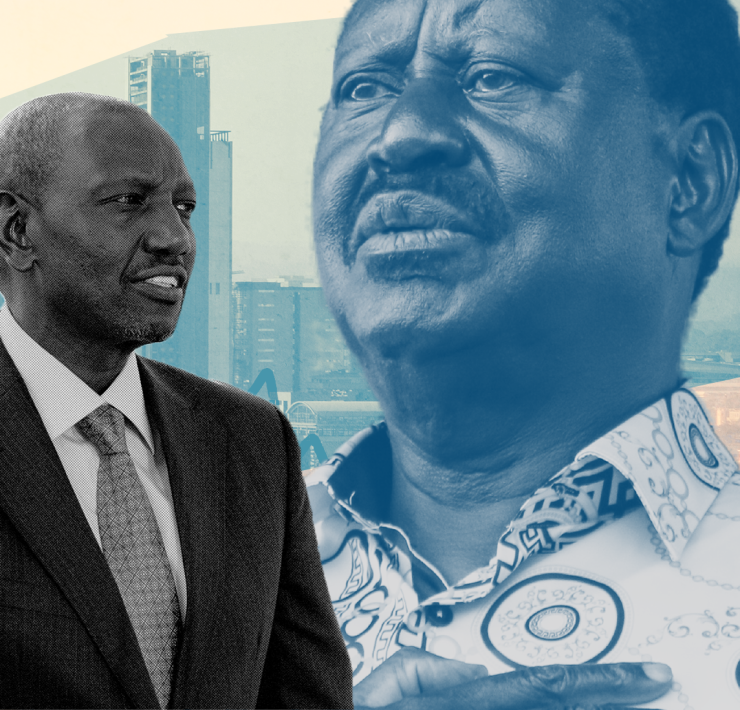When the Finance Bill finally makes it to Parliament, do you know how your MP will vote? For most Kenyans, the answer to that question will be “No”.
For a law that promises much more than a 3 per cent housing development levy, you should be concerned. Kenya has a freedom of information law but its authors in Parliament are holding it back. According to Article 35 of the Constitution and the Access to Information Act 2016, every Kenyan has a right to information held by the State. Whereas the government does provide volumes of data, a lot more is held back.
Parliament, in particular, continues to hold back information from the public regarding its operations. Recently in the Senate, the Azimio La Umoja One Kenya coalition accused their Kenya Kwanza counterparts of being against devolution. Instead of KSh 407 billion as the Senate’s standing committee of budget and finance had recommended, the house approved KSh 385 billion in equitable share to the counties. Senators from Azimio staged a walkout to show their displeasure, but what they did next revealed how transparency in law-making is manipulated for political ends.
Azimio lawmakers tweeted printouts of the vote tally, showing the clear differences between themselves – who had obviously voted in the public interest – and those tight-fisted bean counters from Kenya Kwanza who clearly did not recognise the dire straits counties found themselves in. Kakamega’s governor did not skip a beat, adding his voice to the condemnation.
The government countered that finding KSh 407 billion was difficult amid the current cash crunch, but the damage was done, resulting in the finest news coverage Azimio could have hoped for. This was effective politics by the opposition, who clearly succeeded in getting the government to vote down a popular motion. It also exposed – the success notwithstanding – Azimio’s willingness to weaponise voting records to win political fights.
The weaponising of voting records is an old tactic. A classic American example narrated in Robert J. Schoenberg’s excellent biography of Al Capone features a lobby group called the Anti-Saloon League which opposed the consumption of alcohol. It closely monitored how members of Congress voted around temperance and reported accordingly to constituents back home. That pressure contributed to the onset of Prohibition through the passing of the Volstead Act.
In America today, congressional voting records are often used to point out inconsistencies. US President Joe Biden famously called out Republican representatives who voted against his proposed infrastructure laws in the name of fiscal prudence but took credit for the jobs they brought in spite of their opposition. Voting records are also used to draw parallels between the legislation politicians support and the funders of their campaigns, particularly around issues such as gun control. This way, the electorate gains a better understanding of why our elected leaders vote how they do.
In the United Kingdom, the Access to Information Act 2000 specifies in detail that the Houses of Parliament qualify as public authorities whose information the public has a right to access, and lists the specific conditions where access is limited. The results are there for everyone to see, with the vote of every Member of Parliament published.
The selective transparency on votes in Kenya’s Parliament, therefore, hobbles accountability. When only the votes of party and faction leaders are questioned, those of numerous, less prominent MPs stay hidden, keeping constituents ignorant of their representative’s lawmaking work. Parliamentary journalists may have access to these records but no story will ever mention 349 names from the National Assembly and 67 from the Senate.
Kenyans are also left to depend on choruses of ayes and nays to determine how majorities are arrived at (I wrote about that here).
It’s a pity because the Senate is the guardian of devolution, and the ripple effects of increased transparency would immediately be felt in the counties. Large amounts of information that citizens need are held at county level, particularly around development approvals. County assemblies frequently lock out journalists covering county affairs, yet this far into devolution, county assembly debates should be covered live on television.
Furthermore, uploading of Hansard reports on county assembly websites is spotty. The National Council of Law Reporting, according to the disclaimer on its website “has no information as to its gazettement in the Kenya Gazette” of county legislation, laying bare how much work remains to be done if county governments are to be truly responsive to their people.
All of which is to say that if Members of Parliament were truly interested in transparency and bolstering Kenya’s democracy, they would publish all the votes from all the divisions for every member, and not only those that they can exploit for their political battles. There’s no reason to keep that information secret.







